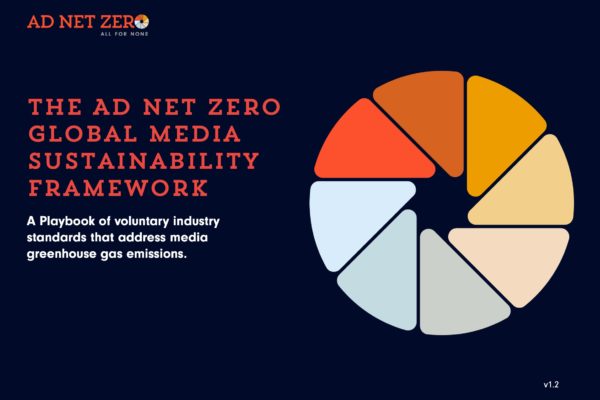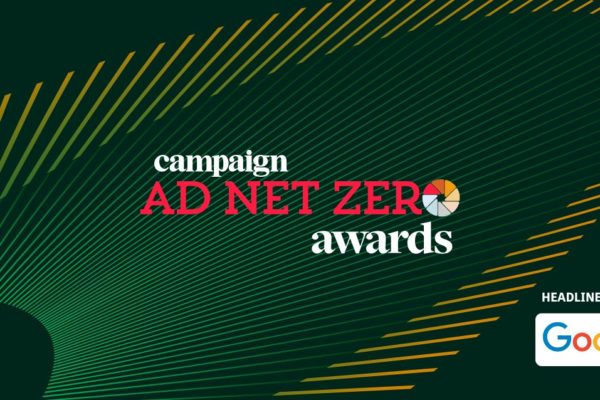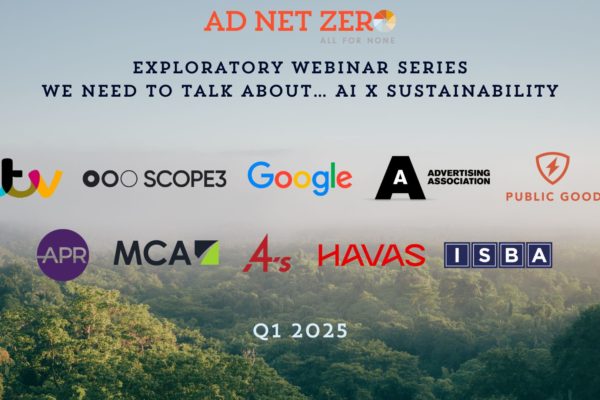Yesterday’s #LEAD2024 followed the theme of Responsible Growth, and the importance of sustainability was raised several times throughout the day as a key driver for a responsible and effective future industry, with amazing advice and content from speakers.
Kicking off the day, we heard from Rain Newton-Smith, Chief Executive, CBI, who cited green growth as one of the aims outlined in their manifesto. With a headline statement that “Over the next decade, all investment will need to align to a net zero economy”, she suggested that to achieve the UK’s net zero 2050 target will require taking green investment from £10 to £50 billion per year by 2030. This includes allotting more investment to de-risk Sustainable Aviation Fuels, insulating public housing, and more.
Next up was the ‘Advertising’s Big Questions’ segment, hosted by Stephen Woodford, CEO of the Advertising Association, where we heard from speakers Enyi Nwosu, Chief Strategy Officer, UM London, Bridget Angear, Founding Partner, craig+bridget, and Laurence Green, Director of Effectiveness, IPA. Enyi mentioned the need for a focus on how we take emissions out of the system in terms of supply chains and how we deliver digital advertising, a topic that has been a focus of Ad Net Zero UK’s Showcase Sessions recently. Bridget holds the opinion that “there’s a power in advertising to encourage switching”, aligning with Ad Net Zero’s Action 5 work on consumer behaviour change. To paraphrase Laurence’s words on the matter, he stated that he is hearing more and more about businesses pumping out less quantity but hiking up the quality and therefore price of their product, allowing them to retain and boost shareholder value while remaining sustainable, a key approach in aligning sustainability goals with commercial success.
We heard from the Advertising Standards Authority (ASA), who reiterated some of the points addressed in the training session they led for Ad Net Zero supporters recently. These are to “keep an eye out for broad green claims” as they “know from our [the ASA’s] public research that the public are distrustful of the big bold absolute claims, as they smell of greenwashing”. Additionally, Donna Castle, Director of Advertising Policy and Practice, ASA, recommended making use of their “copy advice team that provides expert advice in this area” of environmental claims. For now, the ASA will be focusing on green disposal claims and green claims in the food and drink sector, as “these are the priority areas that the CCC [Climate Change Committee] have highlighted because they have the most potential to help the UK government reach its net zero targets.”
We then arrived at the day’s Keynote address, where former Prime Minister, the Rt Hon Gordon Brown’s inspiring speech called for help from the advertising industry to support the multi-bank initiative by meeting “unmet needs, by using unused or unusable goods” that would otherwise go to waste. The crossovers between the issues of the climate crisis and poverty are clear, and the multi-bank scheme simultaneously supports anti-poverty and anti-pollution in aid of the cost-of-living crisis and rising number of families in need.
A call to arms for industry players as to how we can promote a circular economy and help this cause was clear – “Don’t destroy, donate, that’s the answer.”
What does ‘Mr Bates vs The Post Office’ have to do with sustainability, Kate Waters, Director of Client Strategy and Planning, ITV, who introduced the day’s ‘Greener Growth’ segment, asked. The answer was about showcasing the influence and power that media can have on creating collective public discourse that galvanises governmental change for the better. This same principle needs to be adopted by the advertising and media industries to communicate the need for sustainable change, and growth – particularly relevant as the focus of this year’s LEAD.
Kate discussed research from ITV, stating that 86% of revenue from ITV’s top advertisers were rated as ‘average’, ‘good’ or ‘excellent’ for their sustainability disclosure. She mentioned that “consumer behavioural change is a critical part of the solution” and that it is an “immense privilege to work in an industry where we have the creativity, reach and influence to drive this mass change”.
Welcoming Eve Williams, Vice President & General Manager, eBay UK and Chiara Manco, Creative & Media Partnerships Director, System1 Group to the stage, the trio discussed their eBay & Love Island campaign, which won the 2023 Campaign Ad Net Zero’s ‘Clothing & Accessories’ and ‘UK Grand Prix’ Award. They were looking at ways to “reach an audience in a way that would surprise people” and create a conversation against the norm of fast fashion, and very successfully took a niche behaviour, normalised it and made it aspirational. See more here.
Addressing eBay’s wider sustainability strategy, Eve mentioned their use of surprising timings to encourage sustainable shopping habits, such as only promoting preloved items on Black Friday, as well as approaching “something in the most disruptive way that could be amplified elsewhere”, a tactic that drove press coverage which contributed to the success of their Love Island collaboration. Her advice when approaching sustainability communication, was to take a ‘nudge don’t judge’, ‘show don’t tell’ approach.
From Chiara, we heard that “the rules to create a great environmental ad is the same as any other great ad you want to create – first of all, you have to entertain and then weave in the environmental message”.
Later, we heard from Channel 4 about their Diversity in Advertising Award and how this is helping to bridge social impact with business success in advertising.
Ad Net Zero supporters Reckitt and Havas led the audience through their Vanish campaign which won the 2022 Channel 4 award and was transformative for Reckitt, both in terms of their approach to the brief, and its impact on their internal team culture, encouraging open dialogue and diversity. The focus of the campaign was about increasing the longevity of treasured items of clothing, which can often provide comfort and security for autistic people. The side effect of increased longevity of clothing, of course, is a reduction in textile waste. As the fashion industry is the second largest polluting industry in the world, this is particularly pertinent to helping create a more sustainable future. Reckitt and Vanish have released additional work and a three-part series on the topic of waste reduction.


